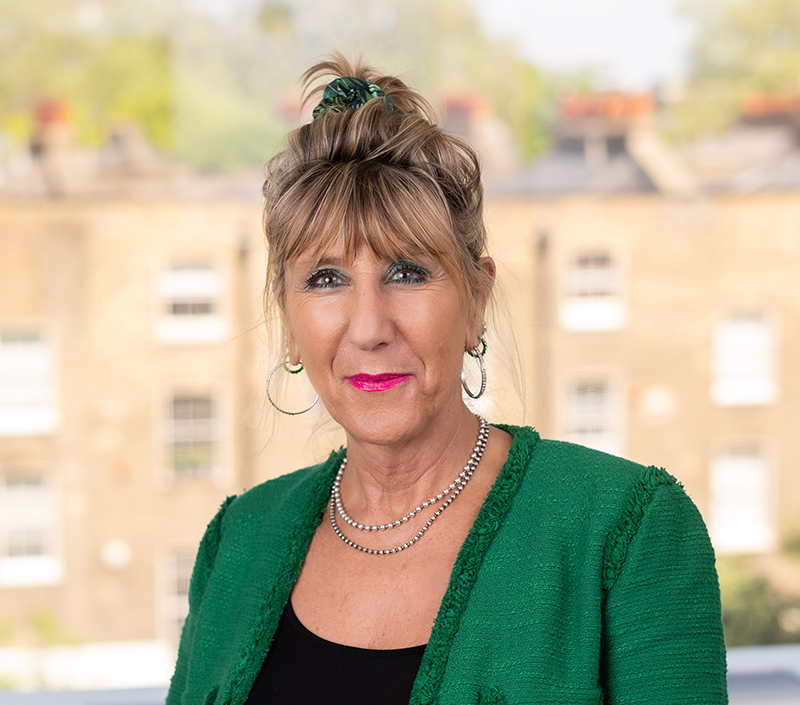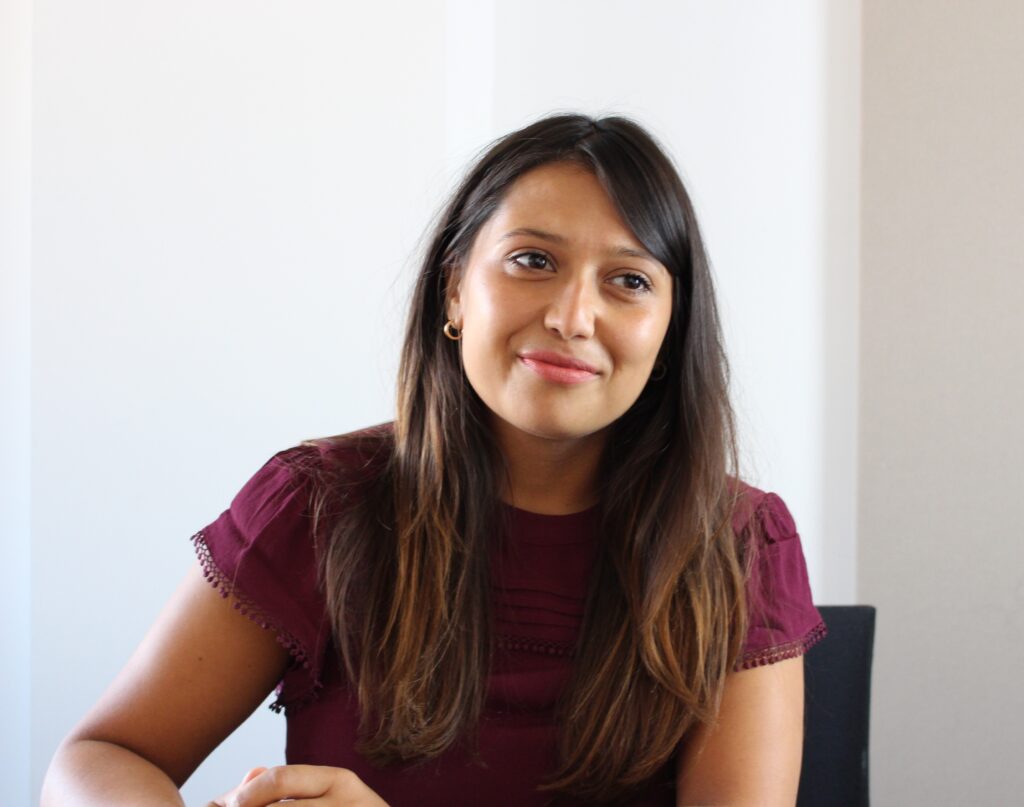A Coroner will open an inquest if there is reason to suspect that either the deceased died a violent or unnatural death, or the cause of death is unknown, or if the deceased died in custody or otherwise in state detention. During an inquest, individuals, organisations or businesses may be designated Interested Persons, or asked to provide material to the coroner, and can also be called to give evidence.
Our specialist criminal and regulatory lawyers advise and represent individuals and organisations who are designated Interested Persons, who are asked to provide material to the Coroner, who are called to give evidence at an inquest, or where there may be a parallel police or regulatory investigation.
We have experience with particularly sensitive and high-profile inquests, including fatal accidents in industrial settings, driving accidents, suspected overdoses, suspected suicide, or where a person or organisation was closely involved with the deceased immediately before they died in a personal or professional capacity.
How the inquests procedure works
- An inquest is an investigation into a person’s death. A Coroner will open an inquest if there is reason to suspect that either the deceased died a violent or unnatural death, the cause of death is unknown, or if the deceased died in custody or otherwise in state detention.
- During an inquest, the Coroner is required to answer four questions. These are who the deceased was and how, when, and where they came by their death. The Coroner will identify the scope of their investigation which will enable these questions to be answered by calling evidence about the topics that are within scope. In cases where it can be argued that the state has breached its duty to protect life under Article 2 of the European Convention on Human Rights, there will also be an inquiry and findings of the circumstances in which a person died. No opinion may be expressed on any other matter, but the Coroner is able to make a Prevention of Future Death Report to a person who has the power to take action to prevent future deaths.
- The inquest hearing will be held in public, usually with the Coroner alone, but sometimes with a jury.
- The Coroner has power to obtain and disclose information and summons witnesses. Any person with relevant information may also be asked to provide material to be examined in the inquest, and can also be called to give evidence.
- The Coroner can designate an individual, an organisation, or a business an ‘Interested Person.’ An Interested Person can take an active part in the inquest, such as being able to contribute or receive material, ask questions of witnesses, and be represented. There are a number of automatic classes of Interested Person, including close family members, but also any person who may have caused or contributed to the death by their own act or omission, or that of their employee or agent.
- While the Coroner will not attribute legal liability for the death to any person, the outcome of the inquest can affect what happens next. It is therefore important that all Interested Persons whose actions may be examined during the inquest are properly represented.
Contact
To get in touch with our criminal defence lawyers please use the details below. If you need emergency assistance outside of office hours please call our out of hours phone number.











